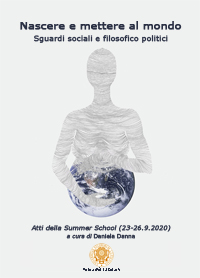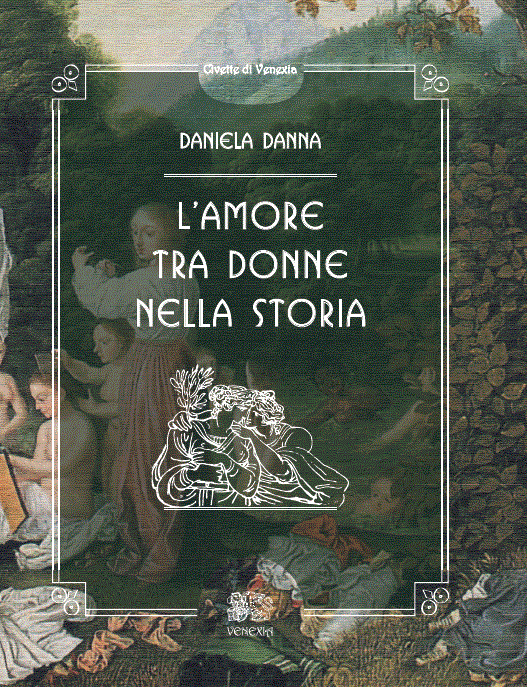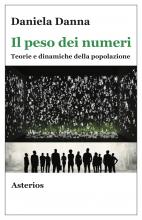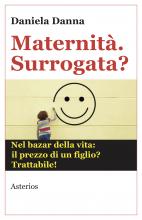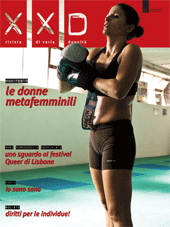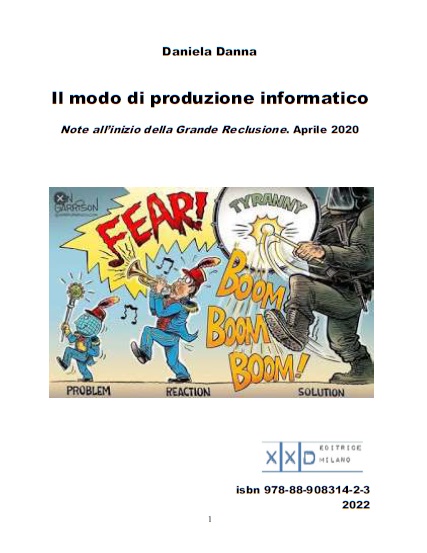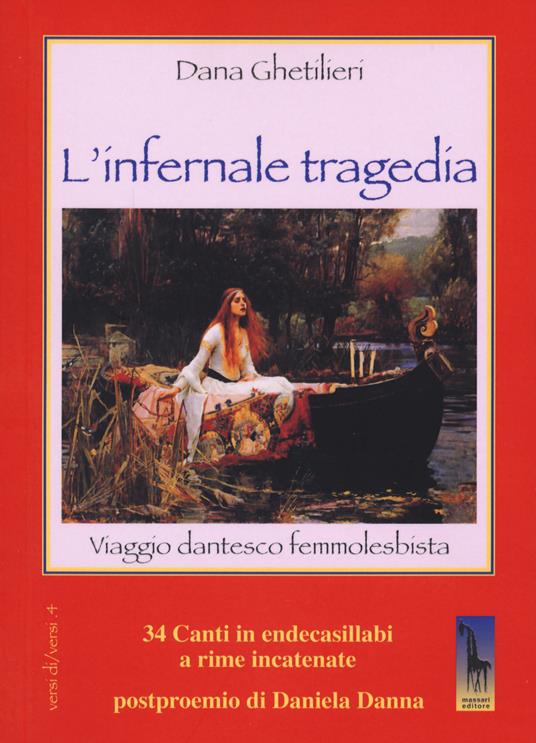Contract Children. Questioning surrogacy
Sullo stesso argomento su questo sito uno scritto in italiano (La differenza sessuale. Uno scritto a proposito di maternità surrogata) un po’ più antico che argomenta sulla possibilità di contrattualizzare la surrogazione (in molta sintesi anche il testo più recente “La madre dimenticata”), mentre nel libro affronto anche il tema della mercificazione dell’infanzia.
Contract Children
Questioning SurrogacySurrogate motherhood is expanding all over the world. Debates
rage over how public policy should consider the signing
away of the parental rights of birth mothers in favor of a
‘commissioning’ couple or an individual.
In this book, Daniela Danna describes the situation in English-speaking
countries and worldwide, from California to Greece,
presenting the legal alternatives regulating (or not) these peculiar
exchanges.
Should surrogacy remain a private agreement? Should it be
treated as an enforceable contract? Are surrogate mothers
workers? What happens inside the countries that have chosen
different ways of handling this new and controversial
matter? And, the most important question of all: How can
we live in this era of new techno-medical possibilities and try
to stay human? Can we resist commodification in the field of
human relations concerning procreation?
Contract Children discusses the different ways available to obtain
a child through surrogate motherhood. It is fundamental
reading for anyone wanting to be involved in the surrogacy
process. It gives prospective surrogate mothers and infertile
couples the background information necessary for their own
informed decision. It is also an essential instrument for policy
makers and activists in the field of women’s rights, social justice,
and children’s rights.
The question of how to publicly deal with surrogate motherhood
touches upon our social vision of motherhood, ultimately
marking the position of women in contemporary society.
ISBN 978-3-8382-0760-5
220 pages, Paperback. € 29,90
Available as Hardcover:
ISBN 978-3-8382-0810-7
Julia O’Connell Davidson, Professor of Sociology, University of Nottingham.
In this book, Daniela Danna proposes thought provocking theses not only on surrogacy, but more generally on gender roles and reproduction in the framework of the contemporary technological and geopolitical lansdscape. Putting an emphaisis on the principal role of birth (surrogate) mothers Danna investigates a number of relevant issues: what is a family in cases of surrogacy? what is the role of fathers – whether they are male or female – what is the best interest of the child? Is it possible to consider contracts of surrogacy?
Danna pulls the strings of thirty years of reflection on an issue that, from marginal and confined to a few exceptional cases, is spreading across the planet, equally involving its poorest and richest parts. Finally, an intelligent reading on surrogate motherhood, to absorb and utilize in our various fields of action, from the academy in politics, to personal life.
Caterina Botti, docente di Bioetica, Dipartimento di Filosofia Sapienza – Università di Roma
Daniela Danna has given us a truly global look at what is called ‘surrogacy,’ and what she more accurately calls ‘contract children.’ She traces the practice of selling ‘gestational services’ or ‘renting wombs’ from its creation in the United States in the 1970’s to its growth as a global industry, showing us the varied legal and social meanings around the world of turning pregnancy into paid labor – and often very poorly paid labor indeed. What would it mean to value, as she argues we should value, pregnancy and motherhood as the basic social tie, the relationship within which all human life begins?
Barbara Katz Rothman, City University of New York
Leggere questo libro è come salire sul colmo di una montagna e guardare il paesaggio dall’alto. Tutti i particolari che compongono il difficile dibattito sulla maternità surrogata appaiono chiaramente nelle loro interrelazioni. La ricchezza delle fonti e una raffinata sensibilità sociologica accompagnano e supportano la narrazione. Ideale per chi desidera approcciarsi per la prima volta al tema, sarà per i più esperti l’occasione di sperimentare nuovi punti di vista.
La maternità come oggetto di potere, di stigma o di dipendenza, il ruolo riproduttivo della donna durante il suo ciclo di vita e le implicazioni sul lavoro retribuito, il concetto di famiglia e le sue relazioni con il capitale, il rapporto tra natura, tecnologia ed evoluzione biologica, tra individuo e soggetto sociale, l’importanza del simbolico nella definizione culturale dei modelli, la responsabilità individuale e collettiva sui temi della maternità e della riproduzione sono solo alcuni degli ambiti di riflessione che potranno trovare stimoli innovativi dalla lettura del libro.
Stefania Doglioli, presidente del Centro Studi sul Pensiero Femminile, Torino e dell’Associazione XXD

